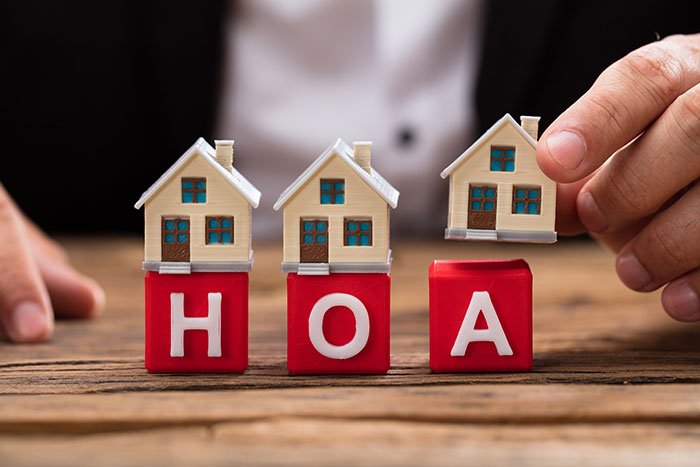The Marquee Loop: Having an HOA (The Pros & Cons)
The option of moving into a property with an HOA or not, is a personal choice for future homeowners.
Moving into a home with a homeowner’s association (HOA) has several potential benefits, including:
- Maintained standards: HOAs often have strict guidelines on the appearance and maintenance of homes and properties within the community. This can help maintain property values and ensure that the community looks its best.
- Amenities: Many HOAs offer amenities such as swimming pools, fitness centers, and parks, which can be a major benefit for residents.
- Dispute resolution: HOAs typically have processes in place for handling disputes between neighbors. This can be helpful in resolving conflicts in a fair and efficient manner.
- Collective bargaining power: An HOA can negotiate better rates for services like landscaping, garbage collection, and security services for the entire community.
- Community engagement: HOAs often host community events and activities, which can help residents get to know their neighbors and build a sense of community.
Of course, it’s important to carefully review the rules and regulations of the HOA before deciding to move into a community governed by one. HOAs can have strict rules and fees, and not all homeowners may be comfortable with the level of oversight and control that an HOA can have over their property.
Cons moving into a home with an HOA
Moving into a home with a homeowner’s association (HOA) can also have some potential drawbacks, including:
- Fees: HOAs typically charge monthly or annual fees to cover the costs of maintaining common areas and amenities. These fees can be expensive and may increase over time.
- Restrictions: HOAs often have strict rules and regulations regarding things like landscaping, exterior decor, and parking. These rules may limit homeowners’ ability to customize their property or make changes that they would like to make.
- Lack of control: Homeowners in an HOA community may have limited control over decisions that affect the community, as these decisions are typically made by a board of directors or other governing body.
- Enforcement: HOAs have the power to enforce their rules and regulations, which can lead to conflict between homeowners and the HOA if the rules are perceived as too strict or if enforcement is perceived as unfair.
- Risks of non-compliance: Failing to comply with HOA rules and regulations can result in fines or other penalties. In extreme cases, non-compliance can even lead to foreclosure.
It’s important to carefully consider the potential drawbacks of living in an HOA community and to review the HOA’s rules and regulations before deciding to move in. Homeowners should also be prepared to actively participate in the HOA and to work with the governing body to ensure that their needs and concerns are addressed.


